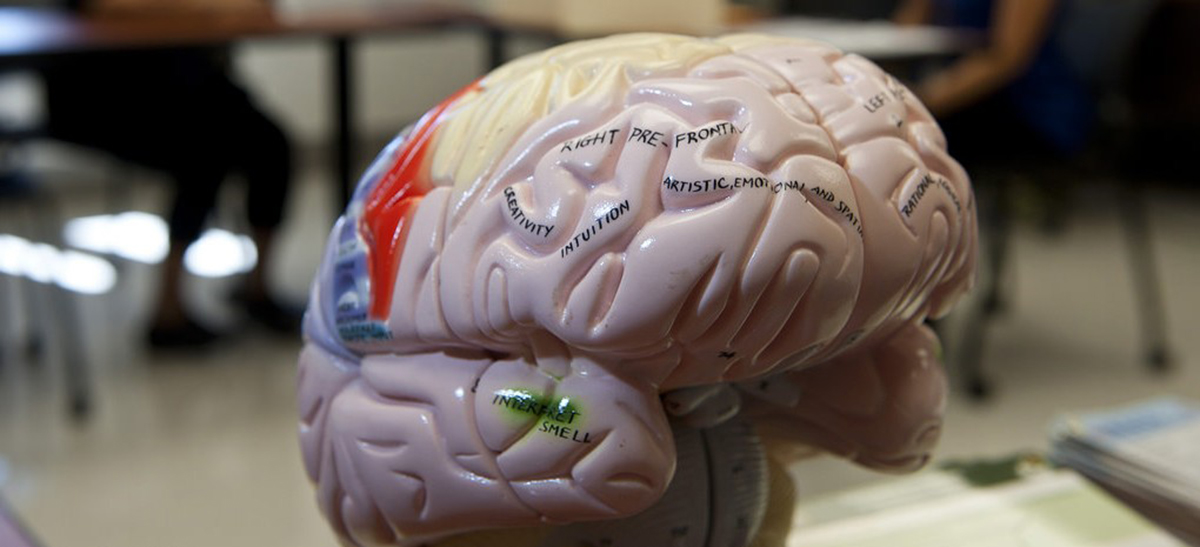Table of Contents
Initial Treatment
The initial treatment for a severe head injury is often aimed at stabilizing the patient and preventing further damage. Severe head injuries may cause damage to areas of the brain, which control breathing, blood pressure and other basics functions. A person with a brain injury may not be breathing effectively. Doctors will assess a person’s ability to protect their airway, which means they have a gag reflex and can cough up mucus and not choke.

Medication may be given to help decrease pressure in the brain and control other body functions, such as blood pressure.
In some instances, surgery may be needed in order to remove a blood clot in the brain. In the most severe cases, part of the skull may be removed to decrease brain damage in case the brain swells. Often a monitor may be inserted into the brain, which measures brain pressure.
Depending on how severe the injury is and how the patient is responding, they may be given medication in order to keep them sedated. This gives the brain time to rest and hopefully recover.
Rehabilitation for Brain Injuries
Once the patient is stabilized, they will be given time to heal. Patients with brain injuries may require rehabilitation after they are stabilized and out of immediate danger. The level and extent of rehabilitation will depend on the severity of deficits a person has. For example, some people may have mostly physical deficits and will need to regain strength and balance. In other cases, rehabilitation to deal with cognitive deficits may be needed. Often it takes a team of medical professionals specializing in different disciplines to provide a comprehensive treatment plan for the patient. The team may include:
Physical Therapists: Physical therapists help patients regain mobility, balance strength and coordination, which may have been lost due to damage to the brain from a head injury.
Occupation Therapists: Occupational therapy may also play a vital role in the rehabilitation of a person with a head injury. Occupational therapists help patients improve their ability to carry out tasks associated with daily living, such as brushing their teeth, dressing and eating.
Speech Therapists: Problems with speech can occur with head injuries. Both problems speaking and understanding language may occur. A speech therapist can also help patients regain the skills they have lost.
Psychologist: It is not uncommon for people with moderate to severe head injuries to have trouble dealing with emotions. They may develop depression or anxiety. They may also be dealing with the frustration of physical and cognitive impairments.
See Also: Rehabilitating An Injury: The Rules
The patient is not the only one who needs support. Family members and caregivers also need assistance. Dealing with a loved one with a severe head injury can be challenging. A loved one may have a loss of independence, cognitive deficits and personality changes. A comprehensive rehabilitation program should also include support for families.
- www.mayoclinic.org/diseases-conditions/traumatic-brain-injury/basics/symptoms/con-20029302
- www.traumaticbraininjury.com/symptoms-of-tbi/severe-tbi-symptoms/
- Photo by shutterstock.com
- Photo courtesy of Army Medicine by Flickr : www.flickr.com/photos/armymedicine/14005781177


Your thoughts on this